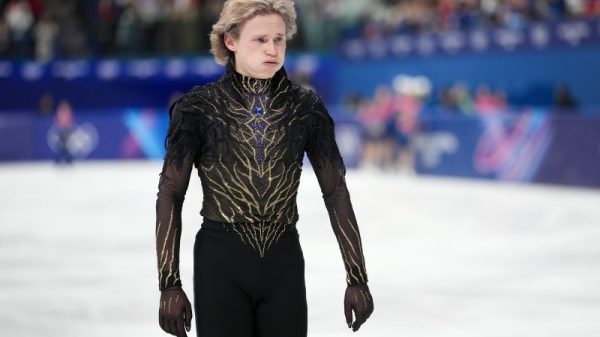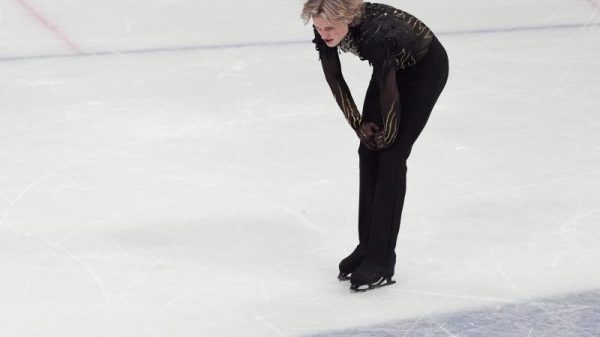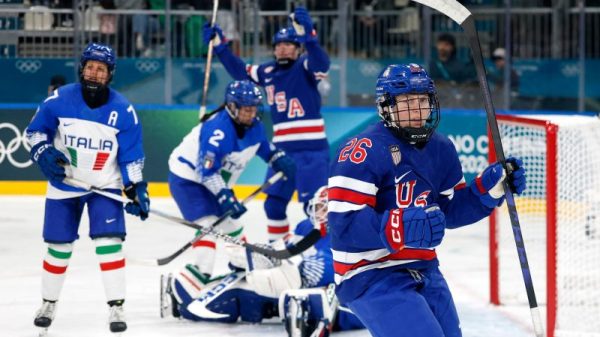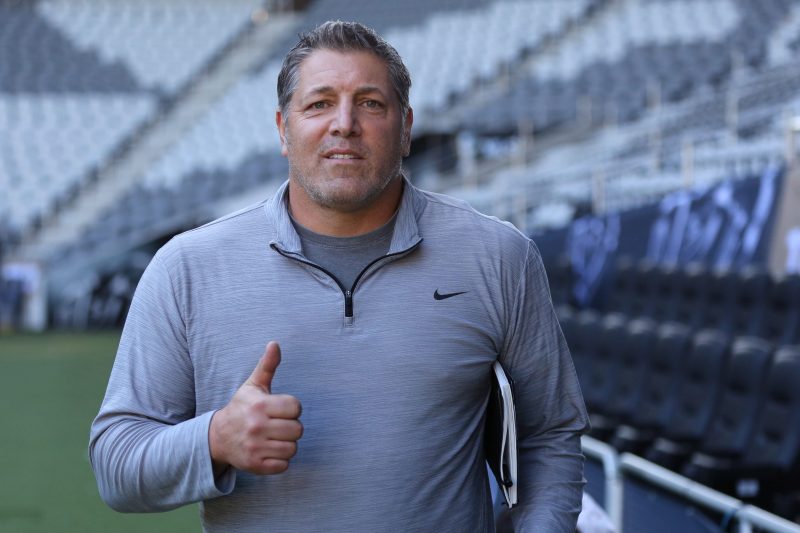Tony Meola can still see all the American flags that made their way onto the field at the Rose Bowl more than 30 years ago. He can still feel Thomas Dooley jumping on his back in celebration, the thrill of the 2-1 USA win over Colombia in the 1994 World Cup — the first American win in the World Cup since 1950 — as shocking to them as it was the rest of the soccer world at the time.
“I hope the players have the feeling that we had when that final whistle blew against Colombia,’ Meola told USA TODAY Sports earlier this week. ‘I hope there’s a moment like that for this group in 2026.’
Wednesday, June 11 marks exactly one year until the FIFA World Cup officially returns to the United States for the first time since that memorable 1994 experience. Canada and Mexico also will serve as co-hosts next year, with the first games of the tournament scheduled to take place in Mexico City and Guadalajara, Mexico, on June 11, 2026. The United States and Canada will play their first games of the group stage on June 12, 2026, with matches slated for SoFi Stadium in Los Angeles, MetLife Stadium in East Rutherford, New Jersey, and BMO Field in Toronto.
A lot of has changed within the American soccer infrastructure over the past 31 years, beginning with the introduction of Major League Soccer in the aftermath of the sport’s surging popularity coming off the first American-hosted World Cup. But so too have the expectations, and Meola — the starting goalkeeper for the 1990 and 1994 United States World Cup teams and a member of the 2002 team — is among those who have circled 2026 as a critical juncture for the United States national team.
USA TODAY: How does the soccer culture in the United States heading into the 2026 World Cup compare to 1994?
Tony Meola: “That team in ‘94 had sort of two missions. We had to get ready to play soccer every day and then you had to promote the game all day. The players now don’t have that. We have outlets now. We have video on everybody’s phone. We have Major League Soccer to look at. We have all these things that we never had back then and we all knew that was part of the responsibility. We were doing it prior to getting ready for the World Cup and it just seemed like it got magnified when the World Cup was about to start. We’re certainly ahead of where we were. I guess the hope would be we use this World Cup the same way we used the ‘94 World Cup as a springboard because I still think there’s growth here in the country.’
USA TODAY: What’s your current assessment of the U.S. men’s national team a year out from the 2026 World Cup?
Tony Meola: ‘Well, it is going to be a showcase, and I hope they’re ready for that. And the guys that played in ’94 can tell you how it changes your life forever. … I came out of 2022 feeling really good about the progress that we had made and where we were because I think we were the second-youngest team in the World Cup. We played really well. I don’t think we were better than the Netherlands in any moment in that (Round of 16) game, and probably wouldn’t have been. But I said, ‘ok, well four years from now, if we continue to improve in this fashion, we’re going to be pretty good’ and we’ve kind of pumped the breaks a little bit on that. But I’m steadfast on this team will be good enough at the World Cup.”
USA TODAY: What is a realistic goal for success for the U.S. men’s national team at the 2026 World Cup?
Tony Meola: “If we were in a quarterfinal in 2002, we need to surpass that. That’s the next step for me. I don’t know if I’ll measure success (that way). It’s the World Cup. Your team could play great and, like, we got a bad call in that game against Germany (in 2002), that could happen here in the tournament. That doesn’t mean you played poorly. It just means something didn’t go your way. But me, personally, the next great national team will be the team that gets to a semifinal of the World Cup. That’s just my personal opinion. Other people will judge it other ways. But that’s how I’ll judge it.”
USA TODAY: Do you have a favorite moment from the 1994 World Cup?
Tony Meola: “I hope the players have the feeling that we had when that final whistle blew against Colombia. If you go back and look at those pictures of the Rose Bowl and you look at the flags being thrown on the field to the players, I hope there’s a moment like that for this group in 2026 because I can still feel the ground underneath my feet right now when I talk about it and mention it. I can feel Thomas Dooley jumping on my shoulders. I still can feel that moment and it doesn’t matter if you played at the biggest club in Europe or the smallest team in the world. Those moments you’ll never forget.”
The biggest stories, every morning. Stay up-to-date on all the key sports developments by subscribing to USA TODAY Sports’ newsletter.



























